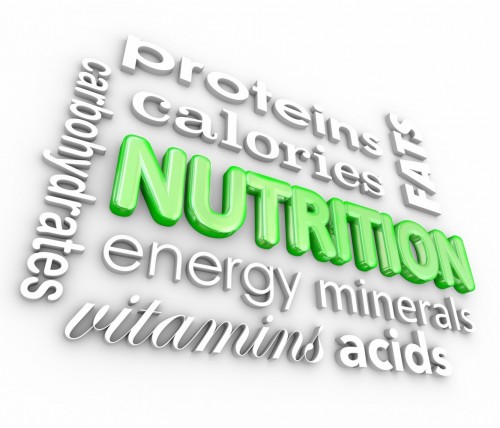
Personally I’m not too keen on the “eat less, move more” mantra as it says nothing about what to eat or how to move. On the nutrition side my simple message is “Eat Well.” Here’s what that means in 10 bullet points to help you eat better in 2017 :
- Eat more fibre including at least 5 portions of fruit and vegetables/day as well as wholegrains like rice, wheat, rye, barley and oats and pseudo-grains like buckwheat, amaranth and quinoa.
- Eat more omega 3 fats. Oily fish is the best source. Aim for 2 portions/week if you are a young girl or woman of childbearing age and up to 4 portions/week for everyone else. Try salmon, fresh tuna, mackerel, sardines, pilchards, herring, trout and carp. If you are vegetarian or vegan make sure you include seeds such as chia seeds and linseed (flaxseed), nuts such as walnuts, pecans and hazelnuts and green leafy vegetables for your omega 3’s.
- Make sure you’re getting enough calcium for strong bones. Dairy products or fortified dairy alternatives such as soya milk and soya yogurt are the best choices. Aim for 2/3 portions each day.
- If you drink alcohol, take an honest look at how much. Cut down to 14 units/week as a maximum and try to see how low you can go.
- Get a grip on portions – most of us pile our plates far too high.
- Cut back on added sugars. Get down to 7 tsp/day and then see how low you can go. To help with this and points 7 and 8, try the new “Be Food Smart” App available free here
https://www.nhs.uk/change4life-beta/be-food-smart#va7cKuAI5HQV2xb8.97
- If you’re trying to lose weight take control of your fat intake. If your weight is good, keep your intake of saturated fat down. Check labels and keep below 3g fat/100g and 1.5g saturated fat/100g
- Don’t add salt when you’re cooking or at the table and cut back on processed foods, which tend to contain a lot of salt. Use herbs and spices to add flavour instead.
- Make sure you’re getting enough fluid. Your wee should be pale yellow. If it’s dark and there’s not much of it then you’re not drinking enough.
- Eat more mindfully. Try to focus on eating rather than multi-tasking, chew your food properly and savour the flavours. You will enjoy your food much more and you will give your brain a much better chance to tell your mouth when you’ve had enough!

